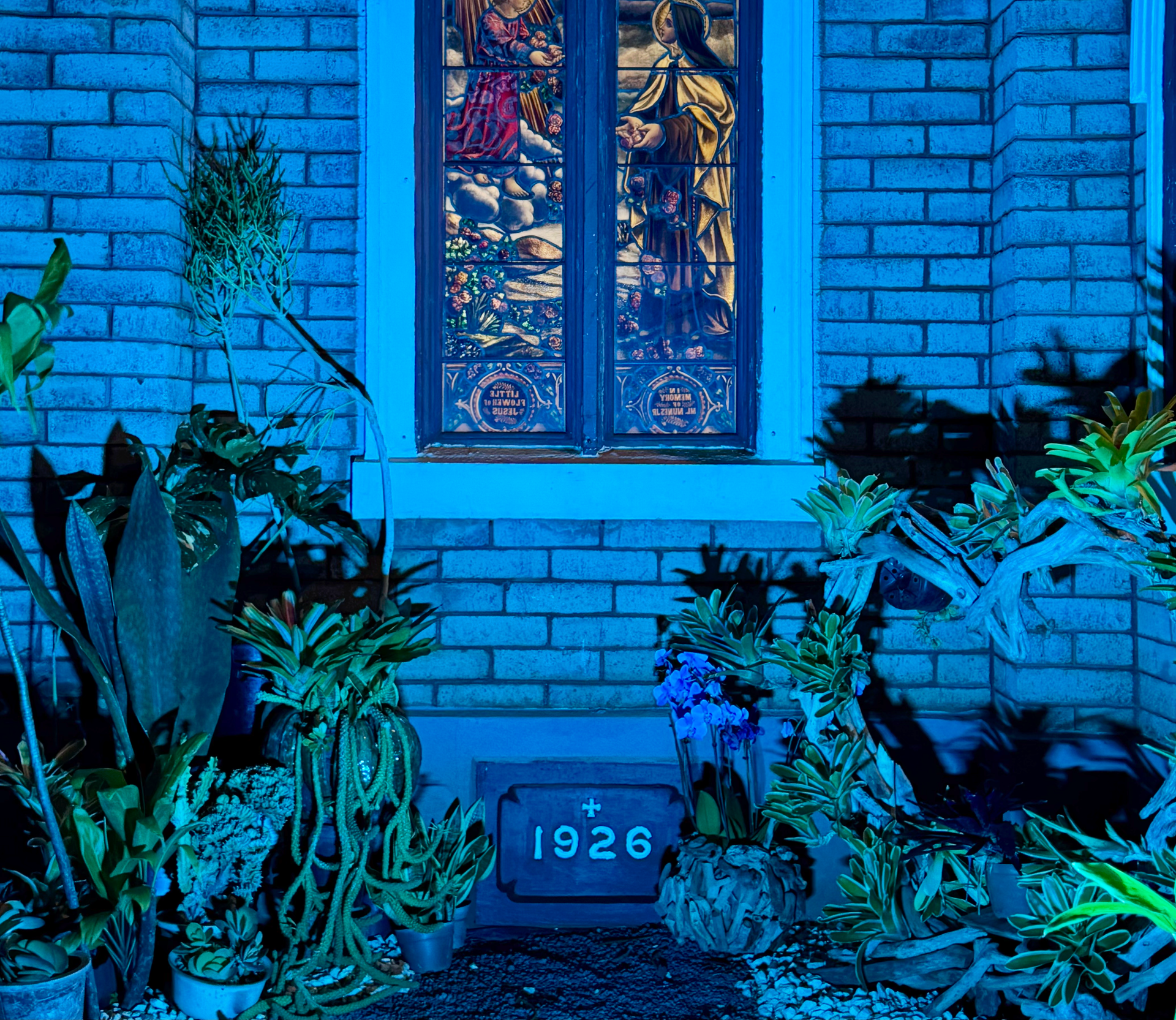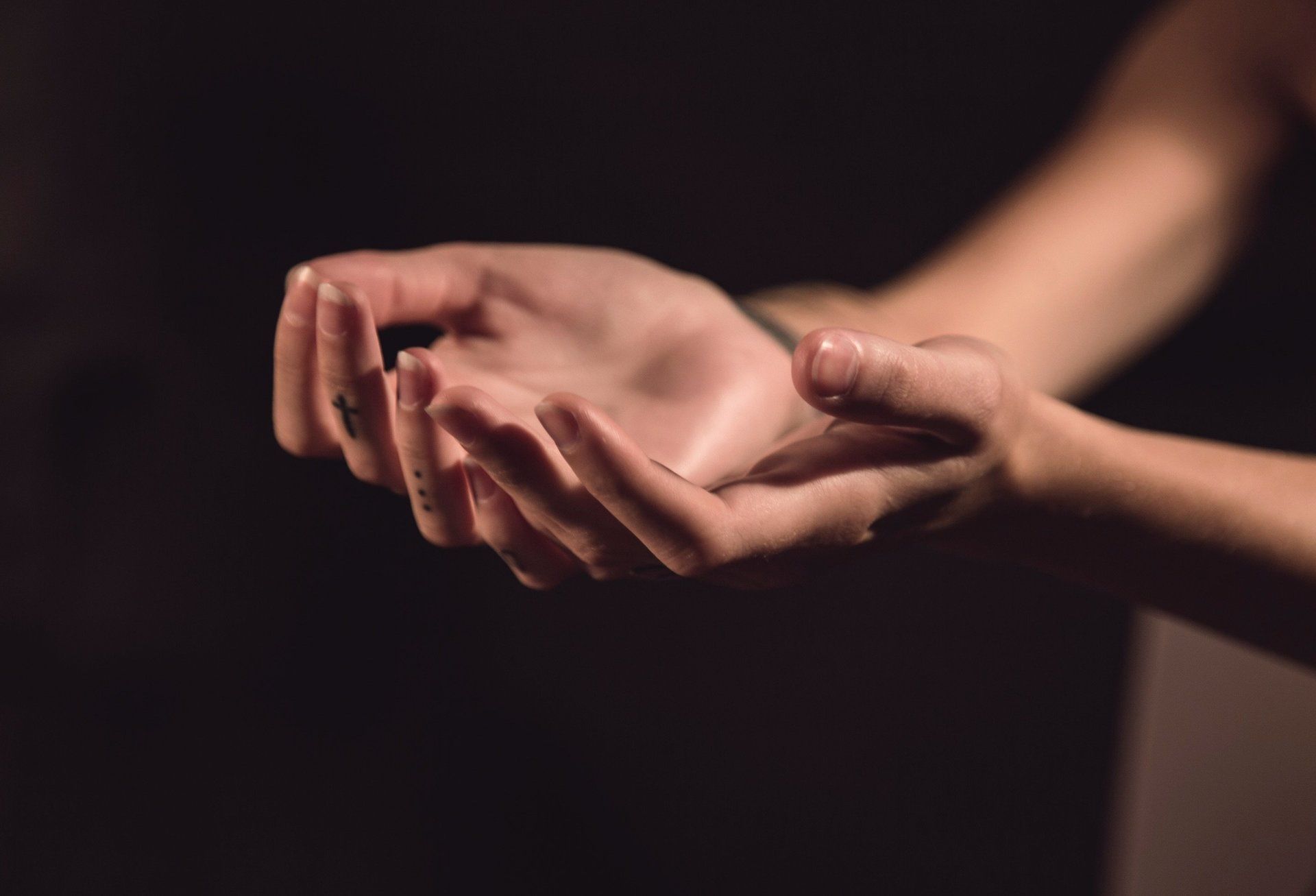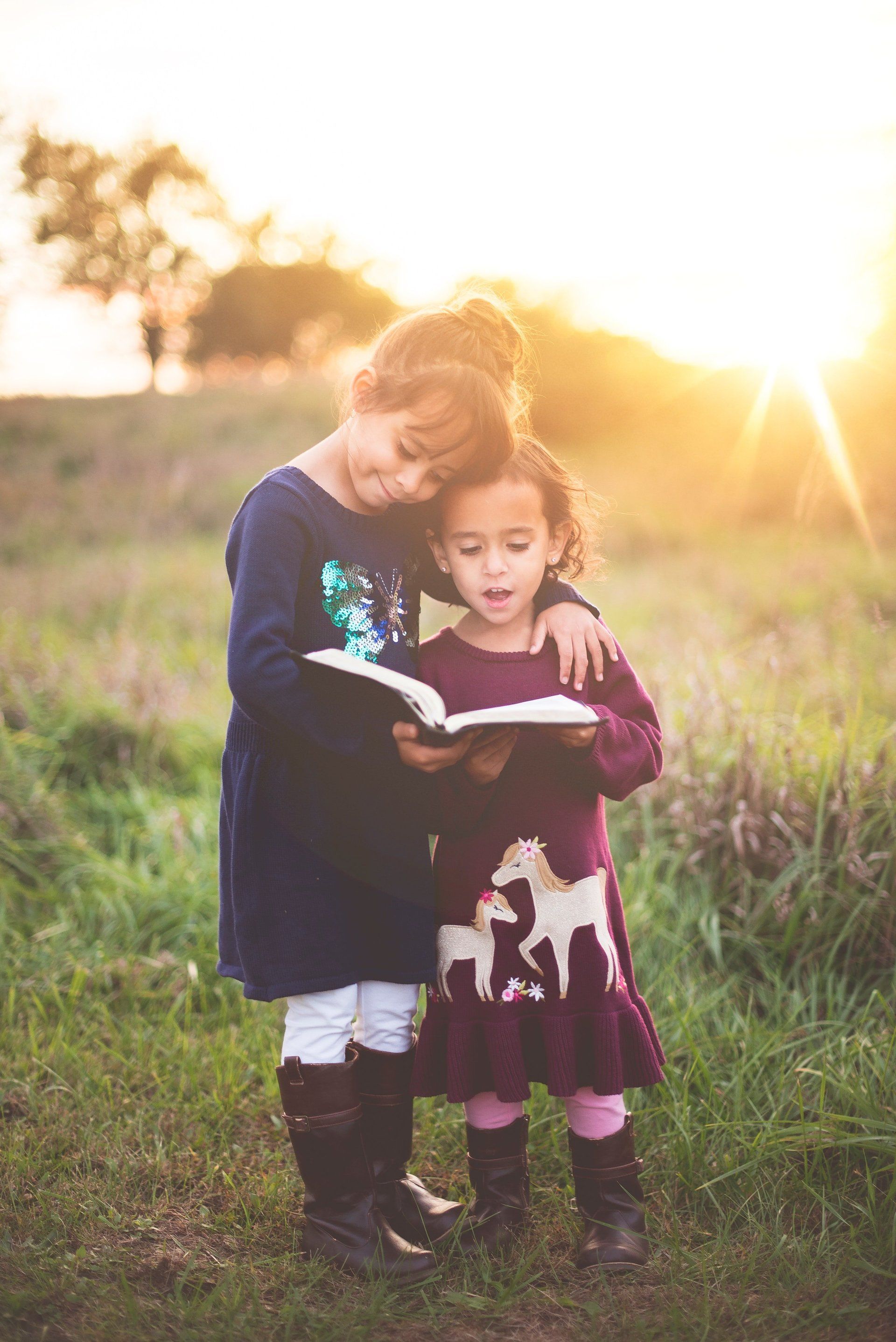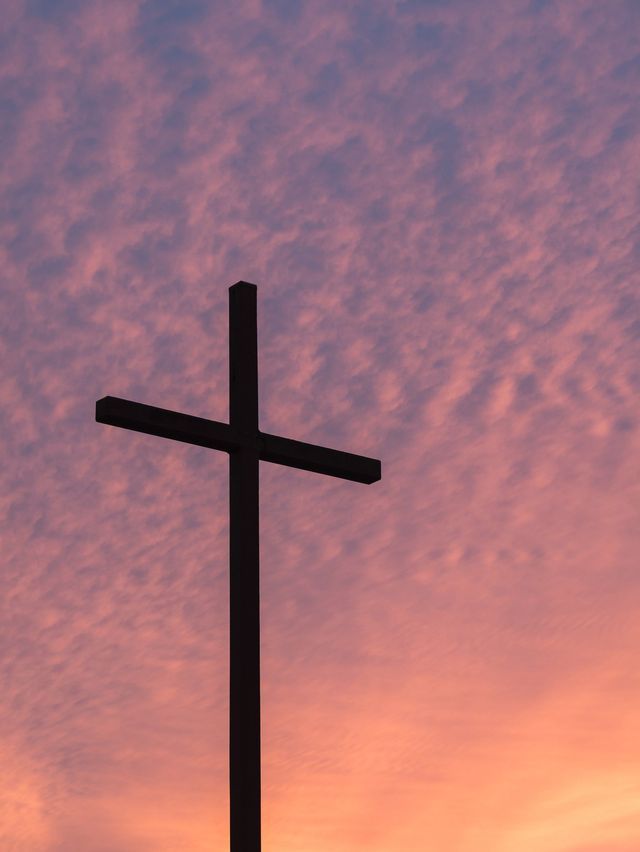Aloha and Welcome
to
HOLY ROSARY CHURCH
We are a welcoming Catholic community called by God to live out the message of Christ in love and service to all people.
Parish Mission Statement
SECOND SUNDAY OF LENT
The Transfiguration is a sign of hope.
The Transfiguration is a sign of hope. When Jesus was transfigured before his disciples, they had a glimpse of the glorified future that awaits the faithful. Through the power of Jesus Christ, we can be transformed, leading the holy lives to which he calls us. Filled with his light and goodness, we will shine with his glory in this life and in the world to come.
Give online to the work of the church
ANNOUNCEMENTS
Fridays
Stations of the Cross
6:00PM Every Friday during the lenten season
3/3
Chrism Mass
7:00PM at St. Anthony Church, Wailuku
3/7
Stewardship Day
8:00 AM Mass
9:00 AM Registration
3/10
Penance Service
6:00 PM
Check the schedule with other parishes below
3/14, 15
2nd Collection
Catholic Relief Services
3/21
Parish Retreat
9AM - 1PMParish Retreat with Fr. Larry Denis (St. Anthony Parochial Vicar)
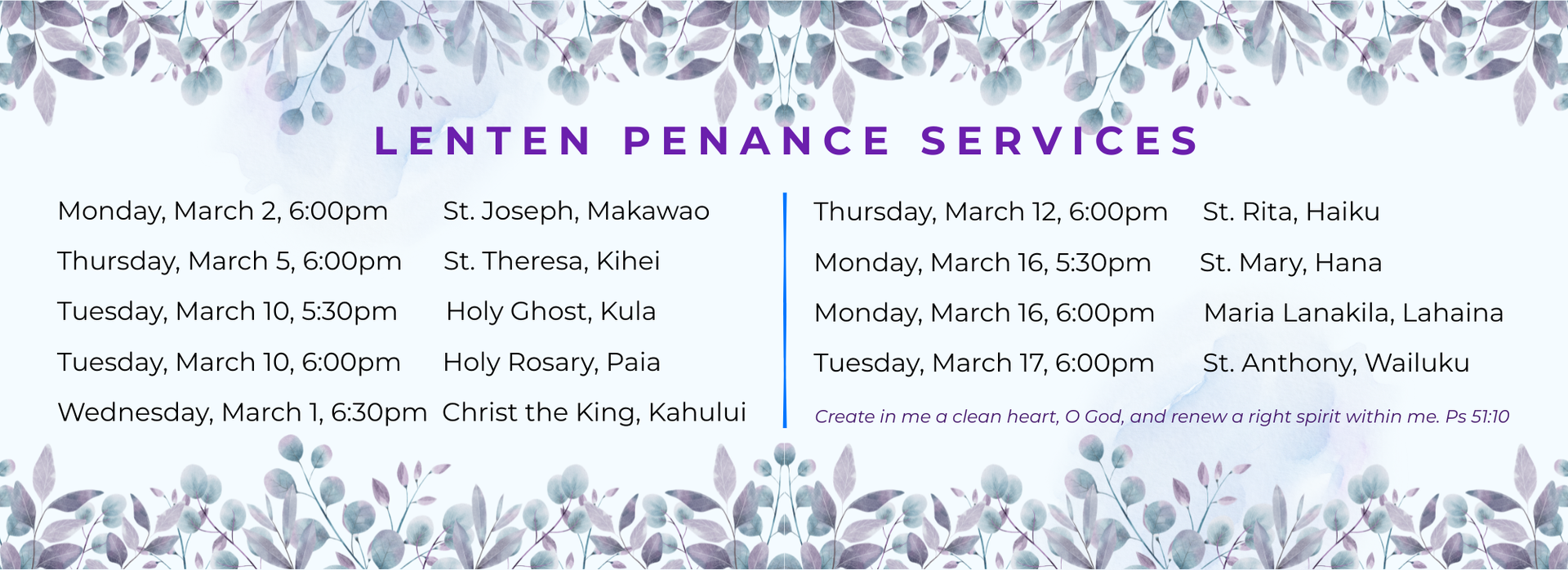
Saturday: 5:00PM
Sunday: 8:00AM
Weekdays: 7:00AM (except Tuesday - Fr. Jose's day off)
Rosary Prayer Group: 5:00PM every 1st Wednesday and 5:00 PM every 1st Friday of the month with Mass and Adoration of the Eucharist.
Lenten Season Stations of the Cross: 6:00PM every Friday
Confession:
By appointment only
Contact the office:
(808) 579-9551 or
Father Jose: (808) 281-1987
